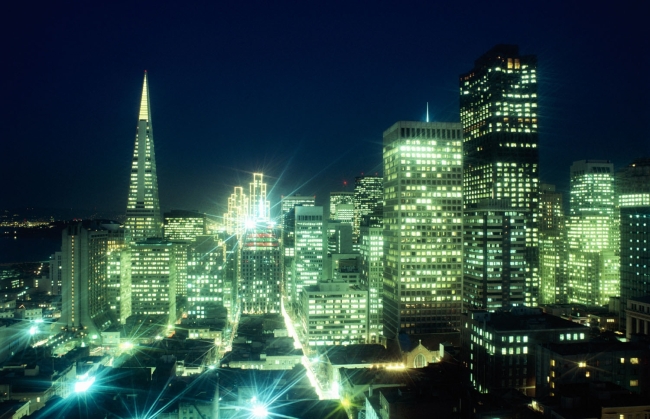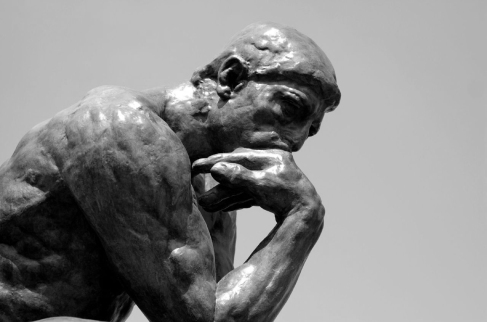When the words ‘scientific discovery’ or ‘scientific exploration’ are mentioned, many people assume that the speaker is talking about space travel. Of course, this would be an obvious conclusion to jump to. After all, we’ve already figured everything out about our planet, right? Therefore, the next obvious step must be to explore other planets. Wrong. There is much to still be discovered about our beloved planet Earth, and the fact that many people seem to have it ‘all figured out’ is kind of sad.
Take the oceans, for example. Much of the deepest parts of the oceans remains unexplored, and even the majority of oceanographers and marine biologists are unsure as to what exists down there. The fact is, it is extremely difficult, and potentially dangerous, to send research teams down to the deepest crevices of our world. Much sophisticated technology would be required for such a venture, and a lot of time and money. Nevertheless, the results are breathtaking. Scientists have recently discovered many creatures lurking at the bottom of the ocean that we didn’t even know existed beforehand. Despite the fact that these creatures border on extremely weird, there is something beautiful about their weirdness. For example, polychaetes are a marine class of worms that have recently been discovered by scientists. They are found worldwide, from the White Sea to the Great Barrier Reef in Australia. They form such a new class in the animal kingdom that many of the individual species of polychaetes remain to be defined, meaning more study of these animals would be required. I wouldn’t necessarily call worms amazing animals, but one cannot deny the beauty of the images taken of these marine worms. Polychaetes are simply one example of the many different things left to be discovered on Earth.
I understand that these sort of discoveries are difficult to make and costly to boot. However, I don’t think that they are any less difficult or costly than space travel, and yet we can justify spending time and money in that department. I think it’s very important to explore our own planet, or else we may go on forever not knowing Earth’s true contents.








